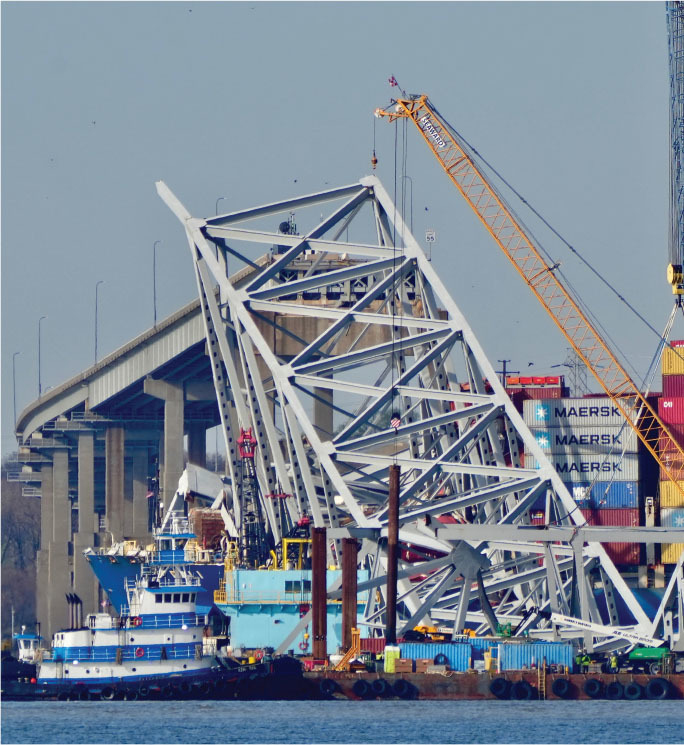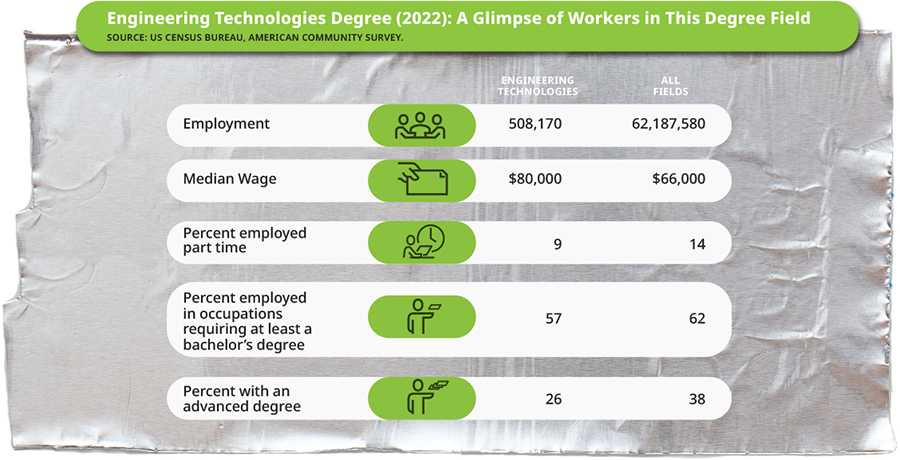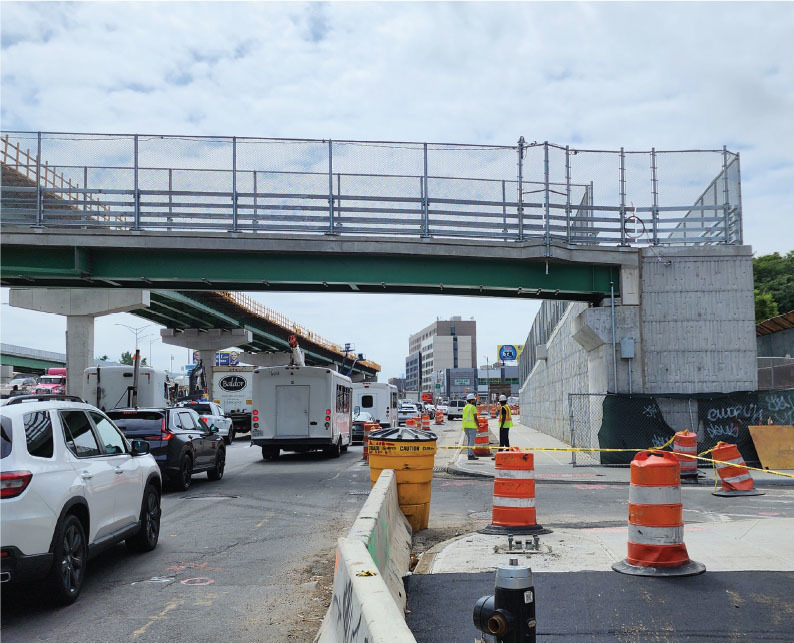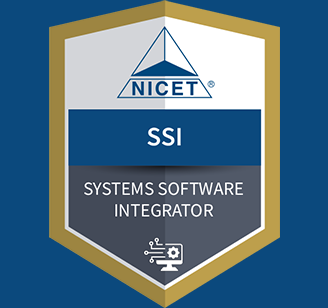May/June 2019
PE Report
After Disaster, Massachusetts Funds Gas Pipeline Study
Massachusetts Governor Charlie Baker approved $1.5 million for a natural gas systems study following a deadly gas explosion that affected thousands of people in the Merrimack Valley last year. According to the Boston Herald, the funding was included in a supplemental budget in March, with plans to recover the study’s costs from utility companies operating in the state.
On September 13, in Lawrence, Massachusetts, a natural gas explosion and subsequent fires caused one death, and 21 people were taken to the hospital. Five homes were destroyed, and 131 structures were damaged.
In November, the Department of Public Utilities announced plans for an independent statewide review of the safety of the natural gas distribution system and the operations and maintenance functions of natural gas companies. The department selected Dynamic Risk Assessments Systems Inc. to conduct the study and issue a report with safety recommendations. The Texas-based company provides technical expertise on pipeline risk and integrity management and seeks to enhance pipeline safety and eliminate failures.
Following the explosion, the National Transportation Safety Board investigated and found that Columbia Gas, a subsidiary of NiSource Inc., failed to implement proper procedures and controls to reduce project risks. NTSB staff consulted with NSPE and spent several weeks discussing the engineering licensing process, its standards, and NSPE’s opposition to licensing law exemptions. The Society shared several documents, including its industrial exemptions position statement and fact sheet, and public testimony from professional engineers.
On December 31, Baker signed emergency legislation that requires a licensed professional engineer to approve plans for the construction, operation, and maintenance of natural gas infrastructure.
The statewide system study was initiated to compliment the NTSB investigation and not duplicate it, according to the Department of Public Utilities.
NSPE on Industry Exemptions
NSPE encourages more states to follow Massachusetts’ lead in ending engineering license exemptions for public utility work and elevating the PE’s role in protecting the public.
NSPE takes a clear position on licensure exemptions: All engineers who are in responsible charge of the practice of engineering as defined in the NCEES Model Law and Rules in a manner that potentially impacts the public health, safety, and welfare should be required by all state statutes to be licensed professional engineers. The Society recommends the phasing out of existing exemptions in state licensing laws.


 Volunteering at NSPE is a great opportunity to grow your professional network and connect with other leaders in the field.
Volunteering at NSPE is a great opportunity to grow your professional network and connect with other leaders in the field. The National Society of Professional Engineers (NSPE) encourages you to explore the resources to cast your vote on election day:
The National Society of Professional Engineers (NSPE) encourages you to explore the resources to cast your vote on election day:










